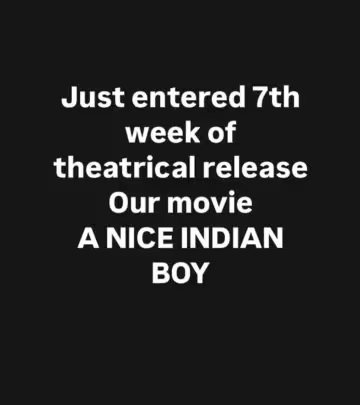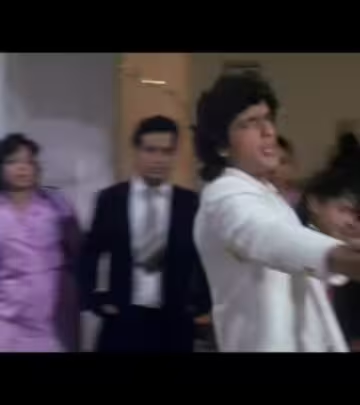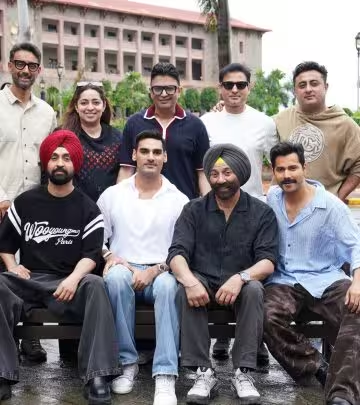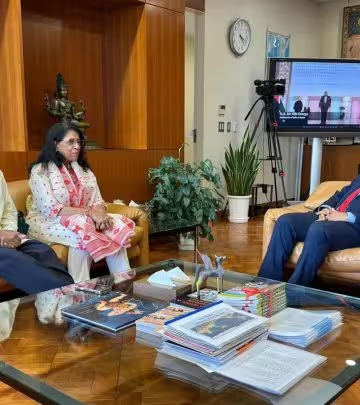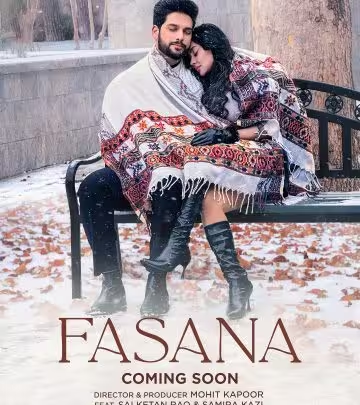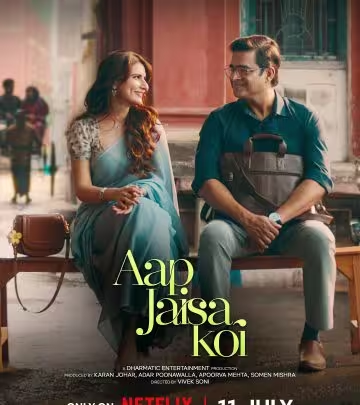Dangal’s Pakistan Ban: Aamir Khan’s National Stand
A Bollywood blockbuster faces censorship challenges as star Aamir Khan defends pride in PKs

Image: Instagram
Aamir Khan has once again stirred conversation across borders as he revealed the reason behind Dangal’s non-release in Pakistan. In a recent interview, the celebrated actor disclosed that Pakistani censors demanded the removal of the Indian flag and the national anthem from a key sequence in the film. Khan, known for his principled stand on national pride, refused to dilute the patriotic symbolism for any monetary benefit. This incident not only underscores the delicate balance between cultural representation and censorship but also highlights the persistence of artistic integrity in the face of political sensitivity.
The Controversial Censorship
During the in-depth conversation, Aamir Khan was candid about the pressures faced from Pakistani authorities. He recounted that the editors and filmmakers had to halt any revisions when they were asked to alter a scene that bore significant national sentiment. The exact moment in question featured the revered Indian symbols – the flag and the national anthem – which are deeply embedded in the cultural fabric. The actor’s refusal to comply, stating “I wouldn’t compromise on national pride for money,” resonated strongly with audiences across the subcontinent. His choice not only spoke volumes about his integrity but also set a benchmark for creative freedom in an industry that is no stranger to controversies.
Beyond the immediate impact on the film’s distribution in Pakistan, this episode has initiated broader discussions about freedom of expression within the South Asian film landscape. Analysts and critics have pointed out that censor boards on both sides of the border sometimes prioritize national narratives over artistic authenticity. With Dangal emerging as a global phenomenon, the conversation pivots to how films can traverse cultural divides while staying true to their artistic vision.
Dangal’s Global Impact
Despite the setback in Pakistan, Dangal has amassed a global following, earning over ₹2070 crore worldwide. This financial success not only validated the film’s universal appeal but also emphasized that audiences resonate with stories of perseverance, dedication, and national pride. The blockbuster’s journey, marked by choppy waters of censorship, now serves as a testament to Bollywood’s ability to thrive against odds. Industry insiders note that while censorship challenges can stymie distribution in certain markets, they rarely impede the cultural impact and commercial potential of a well-told cinematic story.
Notably, the discussion surrounding this controversy has been amplified by influential social media voices. Prominent commentator MissMalini, through her Instagram handle, has brought attention to the unfolding drama. Her posts have sparked debates among fans and critics alike, with many applauding Khan’s unwavering stance on preserving cultural symbols. In several of her previous posts, MissMalini has also chronicled similar instances where national identity and artistic expression have clashed, adding historical context to the current discourse.
Experts argue that this incident is emblematic of a larger trend in Indian cinema where filmmakers and actors navigate a fine line between commercial interests and patriotic responsibilities. The case of Dangal is particularly illuminating; while the film did not secure a release in Pakistan – a decision driven by political and regulatory constraints – its success globally has only reinforced the strength of its narrative. The film, with its focus on an underdog journey and the triumph of diligence over adversity, stands as a rallying cry for creative courage.
In retrospection, Khan’s response illustrates a profound belief in the sanctity of national symbols. His determination to retain the original sequence, despite the potential financial gains from market access, resonates with cinema enthusiasts who value authenticity over compromise. This moment, captured vividly in the interview and widely shared on social platforms, is likely to be remembered as a defining instance of principled filmmaking in modern Bollywood.
The discussions around this topic are far from reaching a conclusive end. With political climates shifting and regulatory frameworks being constantly re-examined, similar cases may emerge where cultural representation becomes a battleground for creative expression. Nonetheless, stories like that of Dangal remind us that true art not only entertains but also challenges prevailing norms and inspires dialogue.
As the Bollywood community continues to scrutinize the dynamics of censorship, Aamir Khan’s candid remarks have reignited debates about the importance of standing by one’s artistic convictions. The film’s massive global impact, despite localized bans, illustrates that quality storytelling can traverse geographical and ideological boundaries. In doing so, it sets a precedent for future cinematic endeavors that dare to remain unapologetically true to their cultural roots.
Read full bio of Glendon Moss





